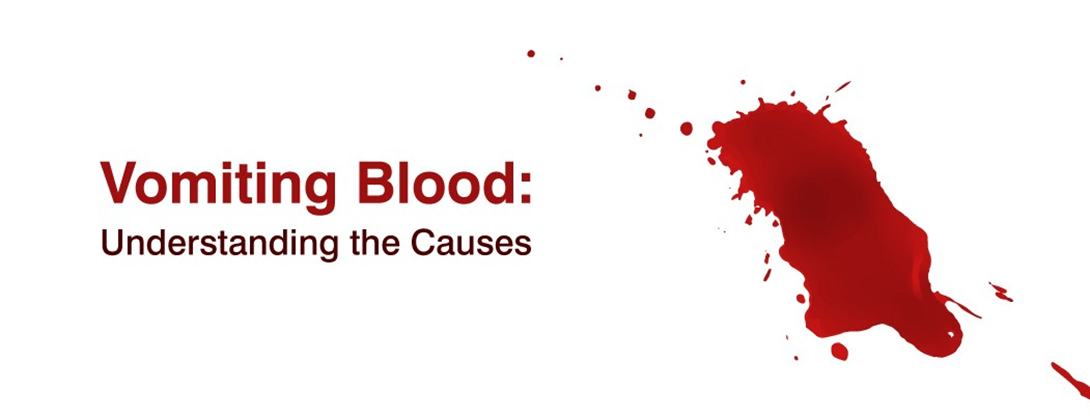A client who had a biliopancreatic diversion procedure (BPD) 3 months ago is admitted with severe dehydration. Which assessment finding warrants immediate intervention by the nurse?
Gastroccult positive emesis.
Strong foul smelling flatus.
Complaint of poor night vision.
Loose bowel movements.
The Correct Answer is A
Choice A reason: Gastroccult positive emesis indicates the presence of blood in the vomit, which is a sign of a serious complication such as anastomotic leak, ulcer, or bleeding. The nurse should notify the physician and monitor the client's vital signs and hemoglobin level.
Choice B reason: Strong foul smelling flatus is a common side effect of BPD, which involves bypassing a large portion of the small intestine and creating a connection between the stomach and the colon. This results in malabsorption and bacterial overgrowth, which produce gas and odor.
Choice C reason: Complaint of poor night vision is a sign of vitamin A deficiency, which can occur after BPD due to reduced absorption of fat-soluble vitamins. The nurse should advise the client to take vitamin supplements and eat foods rich in vitamin A, such as carrots, sweet potatoes, and spinach.
Choice D reason: Loose bowel movements are another common side effect of BPD, which causes diarrhea and steatorrhea (fatty stools). The nurse should encourage the client to drink fluids with electrolytes and avoid foods that worsen diarrhea, such as greasy, spicy, or sugary foods.
Nursing Test Bank
Naxlex Comprehensive Predictor Exams
Related Questions
Correct Answer is C
Explanation
Choice A reason: Restriction of caloric intake is not a good change for a client with diabetes mellitus and an upper respiratory infection, because it can lead to hypoglycemia and malnutrition. The client needs adequate calories to maintain blood glucose levels and support immune function. Therefore, this choice is incorrect.
Choice B reason: Fewer fingerstick glucose checks are not a good change for a client with diabetes mellitus and an upper respiratory infection, because they can lead to poor blood glucose control and complications. The client needs frequent monitoring of blood glucose levels to adjust insulin doses and prevent hyperglycemia or hypoglycemia. Therefore, this choice is incorrect.
Choice C reason: Higher doses of insulin are a good change for a client with diabetes mellitus and an upper respiratory infection, because they can help lower blood glucose levels and prevent ketoacidosis. The client needs more insulin to overcome the increased insulin resistance caused by the infection and the stress hormones. Therefore, this choice is correct.
Choice D reason: Increased oral fluid intake is a good change for a client with diabetes mellitus and an upper respiratory infection, but it is not directly related to blood glucose management. The client needs more fluids to prevent dehydration and clear mucus from the respiratory tract. Therefore, this choice is not the best answer.
Correct Answer is B
Explanation
Choice A reason: Applying prescribed lotions to the radiation site is a good action for a client with cancer receiving external beam radiation, because it can help moisturize and protect the skin from irritation and breakdown. The client should follow the instructions of the health care provider regarding the type and frequency of lotion application. Therefore, this choice does not indicate a need for further teaching.
Choice B reason: Washing the radiation site with antibacterial soap and water is a bad action for a client with cancer receiving external beam radiation, because it can cause dryness, inflammation, and infection of the skin. The client should use mild soap and water or saline solution to gently cleanse the area without rubbing or scrubbing. Therefore, this choice indicates a need for further teaching.
Choice C reason: Wearing clothing to cover the radiation site is a good action for a client with cancer receiving external beam radiation, because it can help shield the skin from sun exposure and friction. The client should wear loose-fitting, soft, cotton clothing that does not irritate or constrict the area. Therefore, this choice does not indicate a need for further teaching.
Choice D reason: Drying the area with patting motions after taking a shower is a good action for a client with cancer receiving external beam radiation, because it can help prevent trauma and infection of the skin. The client should avoid rubbing or scratching the area or using hair dryers or heating pads on it. Therefore, this choice does not indicate a need for further teaching.
Whether you are a student looking to ace your exams or a practicing nurse seeking to enhance your expertise , our nursing education contents will empower you with the confidence and competence to make a difference in the lives of patients and become a respected leader in the healthcare field.
Visit Naxlex, invest in your future and unlock endless possibilities with our unparalleled nursing education contents today
Report Wrong Answer on the Current Question
Do you disagree with the answer? If yes, what is your expected answer? Explain.
Kindly be descriptive with the issue you are facing.
